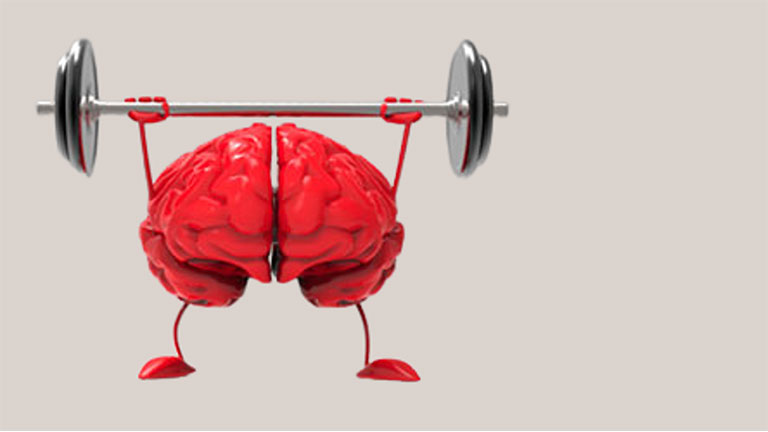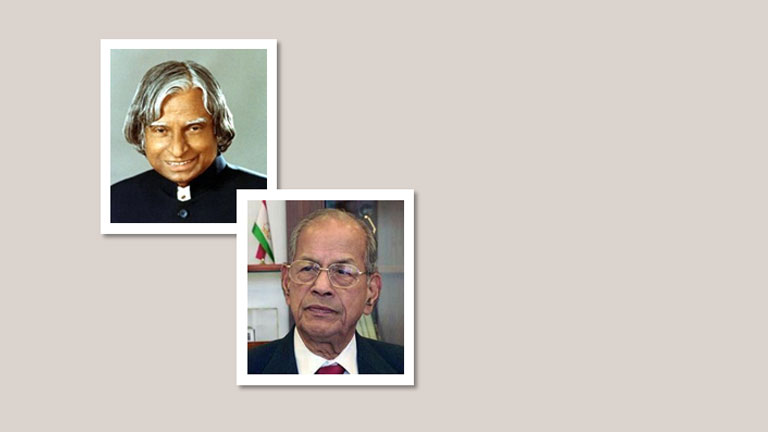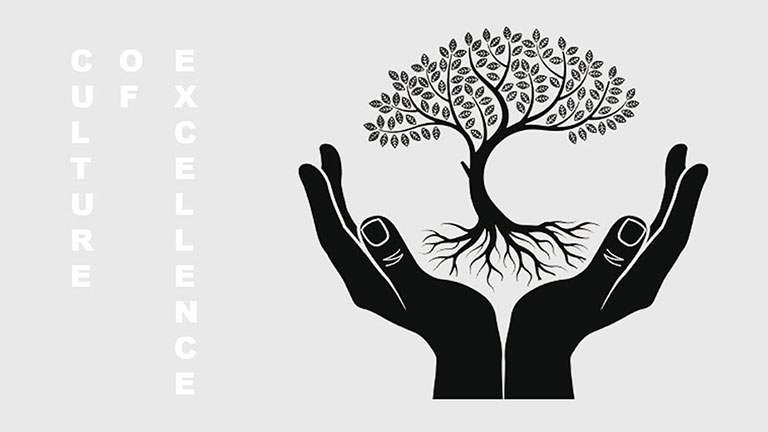
Right Knowledge
Right Knowledge is high-quality knowledge (science and evidence-based knowledge) of relevant subject areas and is crucial for developing real-world understanding. The requirement for each relevant subject area is different depending upon its relevance for a career in the civil service such as -
- Depth of understanding of the Indian political system and governance, its functions, objectives, conflicts, and solutions; Indian economic system, issues and challenges of development; Indian social system, challenges of transformation.
- Awareness and basic knowledge of Indian history and culture and the development of historical thinking; geographical features and conditions of India and the world....














